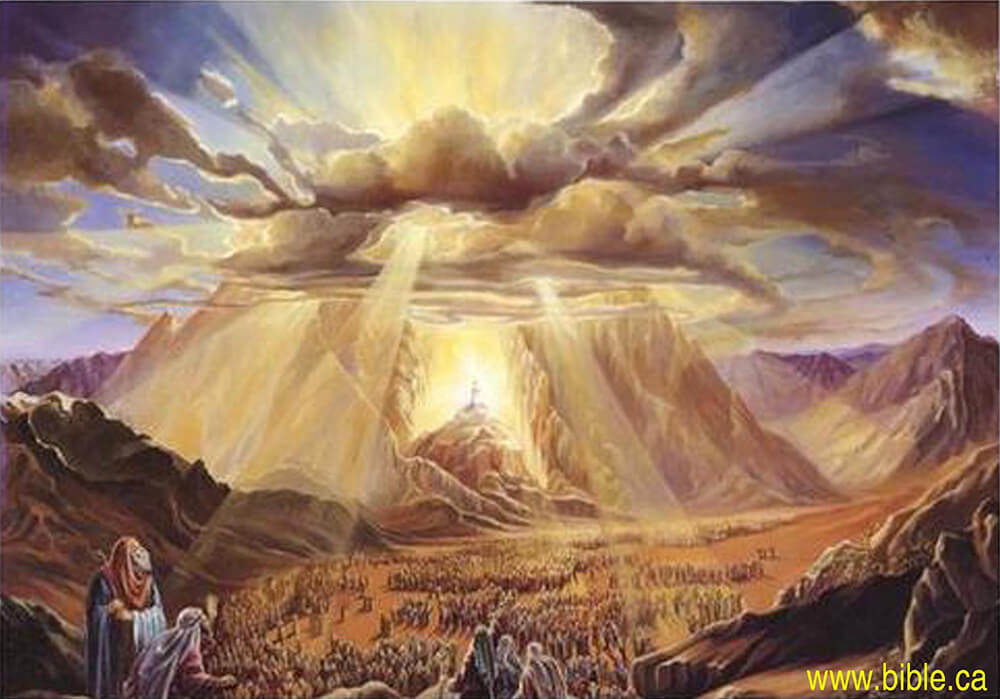By: Rabbi Osher Jungreis
In this weeks’s parsha it states, “You shall seek out His presence and you shall come there..” (Deut. 12:5) There appears to be a discrepancy in the passage. It would seem that the more correct way for the Torah to phrase the sentence would have been to first mention the coming there (going to the Temple in Jerusalem), and there, in the midst of sanctity, to find HaShem. The Torah is teaching us however, a very profound lesson, one which we should incorporate into our every-day lives. If we are bent upon finding G-d, no matter where we may be, no matter how far we may have distanced ourselves from Him, if we truly seek Him, we will find Him.
This message is reinforced in the opening passage of the parsha in which it is written: “See, I have placed before you blessing and curse…” There is a grammatical inconsistency in the words “see” and “before you” which is not readily apparent in English, because the words “you” and “see” are used in both plural and singular in the English language. But the Torah states “re’eh” – “see” in the singular, and “lifneichem” – “before you” in the plural, impressing upon us that the blessing of the Torah was bequeathed to the entire nation (you, pl.), but it is up to us as individuals to see it(re’eh – singular).
This message is especially significant in this High Holy Day season when G-d is waiting for all of us to return to Him. G-d’s Court is open, but whether we will have the wisdom to enter therein depends on us. So let us seize the moment–let us intensify our Torah study; let us accelerate our prayers, and let us commit to the observance of mitzvot. Even one small step toward G-d can be huge and spark a life-transforming journey. This is the basis of the free choice with which the parsha challenges us. The blessing is given in the plural for the entire nation to benefit by, but then it is up to each and every one of us to open our eyes and see and seize it.
Elul – The Season for Homecoming
Very soon, IY’H, we bless the upcoming New Month of Elul which ushers in the High Holy Day Season. In preparation for these awesome days, we recite psalm 27, “L’Dovid HaShem Ori V’yishi”–“HaShem is my light and salvation.” “My light” refers to Rosh Hashanna and “my Salvation” refers to Yom Kippur.
The shofar is blown from this day until erev Rosh HaShana. The essential purpose of shofar blowing during this period is to awaken each and every one of us to the challenges of the High Holy Day season. The shofar is likened to an army bugle which alerts the infantry to the approaching battle. Therefore, we must prepare our weapons of repentance–prayer and charity, tshuva, tefiloh and tzedukah so that we might triumph over all evil decrees. The shofar reminds us to think back to last Rosh Hashana and recall our New Year’s resolutions. We must ask ourselves what has happened to the last eleven months of our lives? Where have they gone? Are we keeping the promises we made, and what can we do to rectify those which we neglected? The prophet Amos challenged: “Shall the shofar be blown in the city and the people not tremble…..shall Rosh HaShana come and find us unprepared?” (Amos 3:6)





